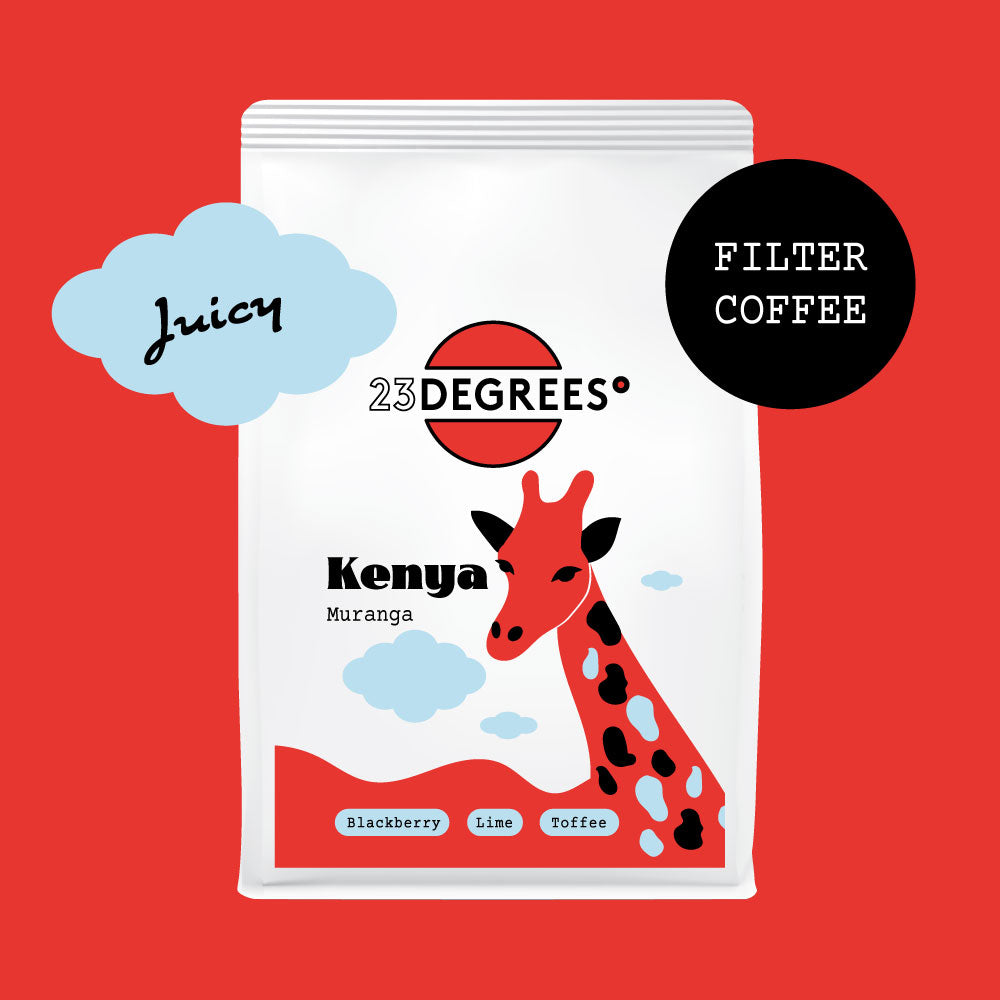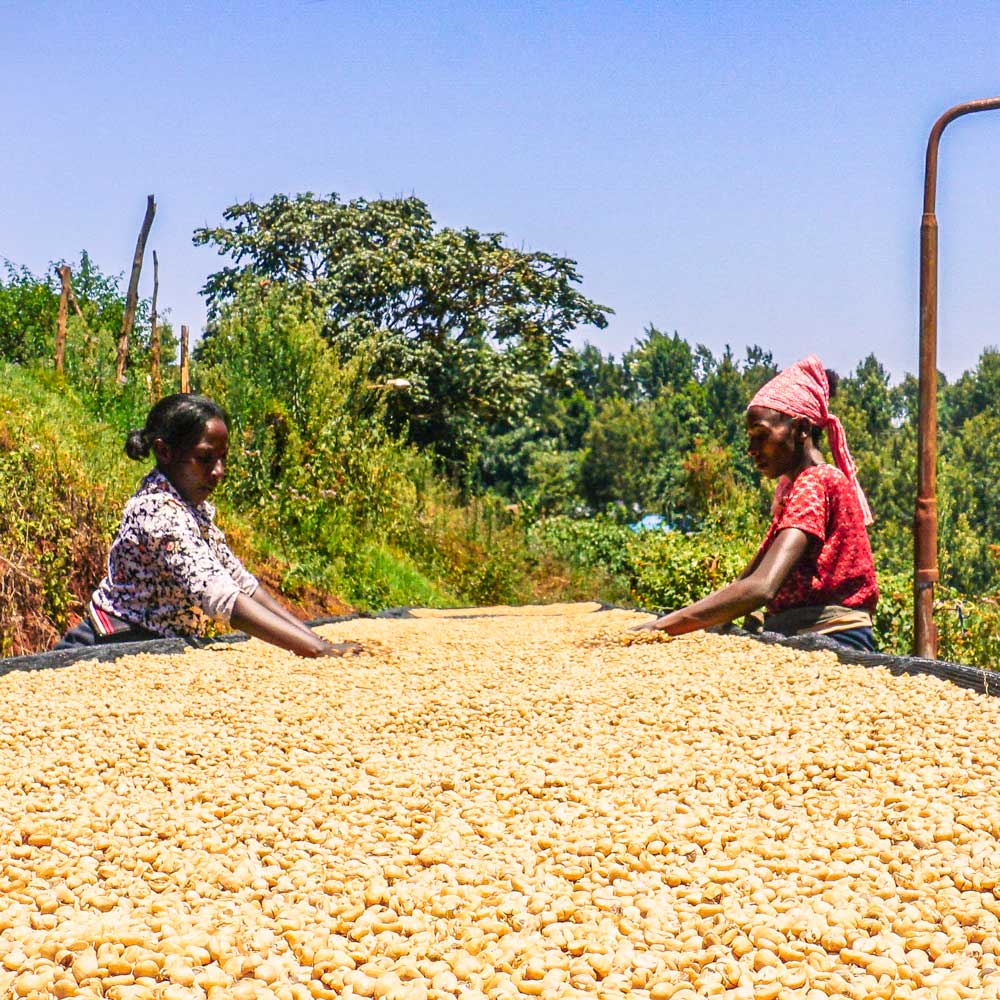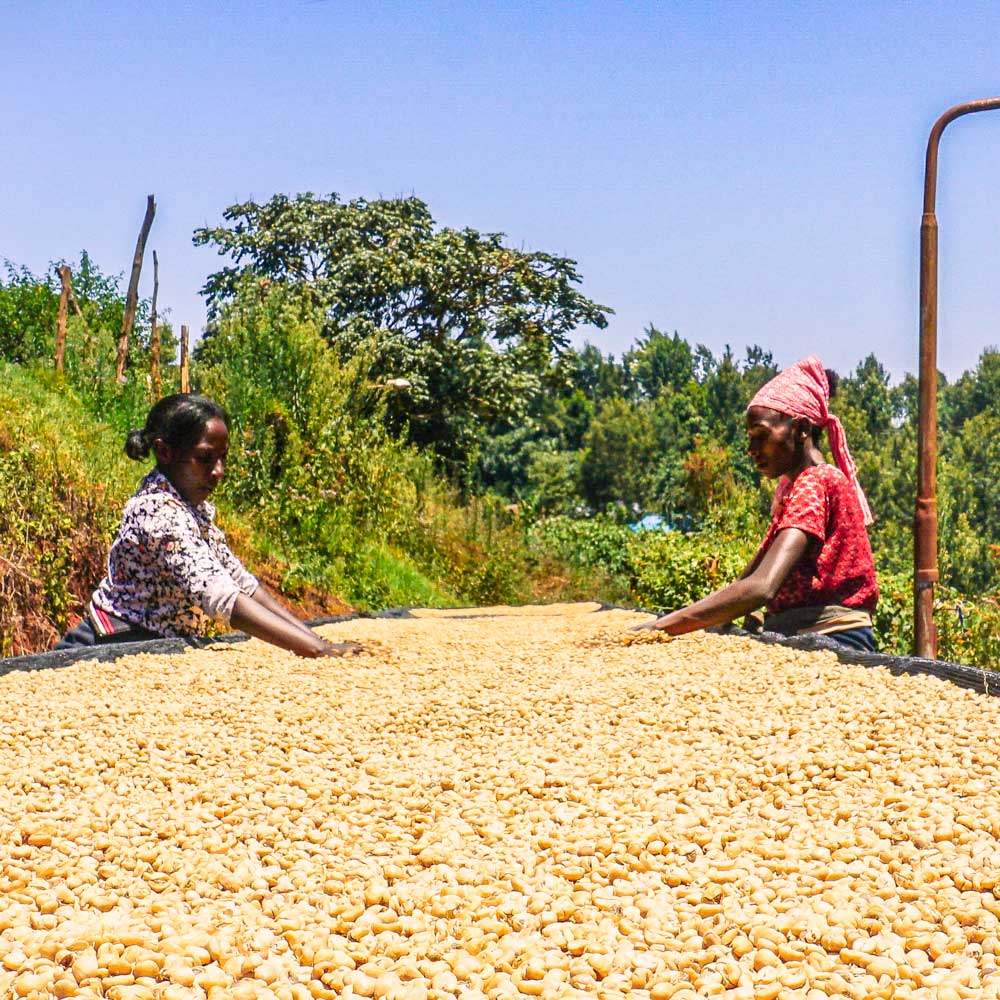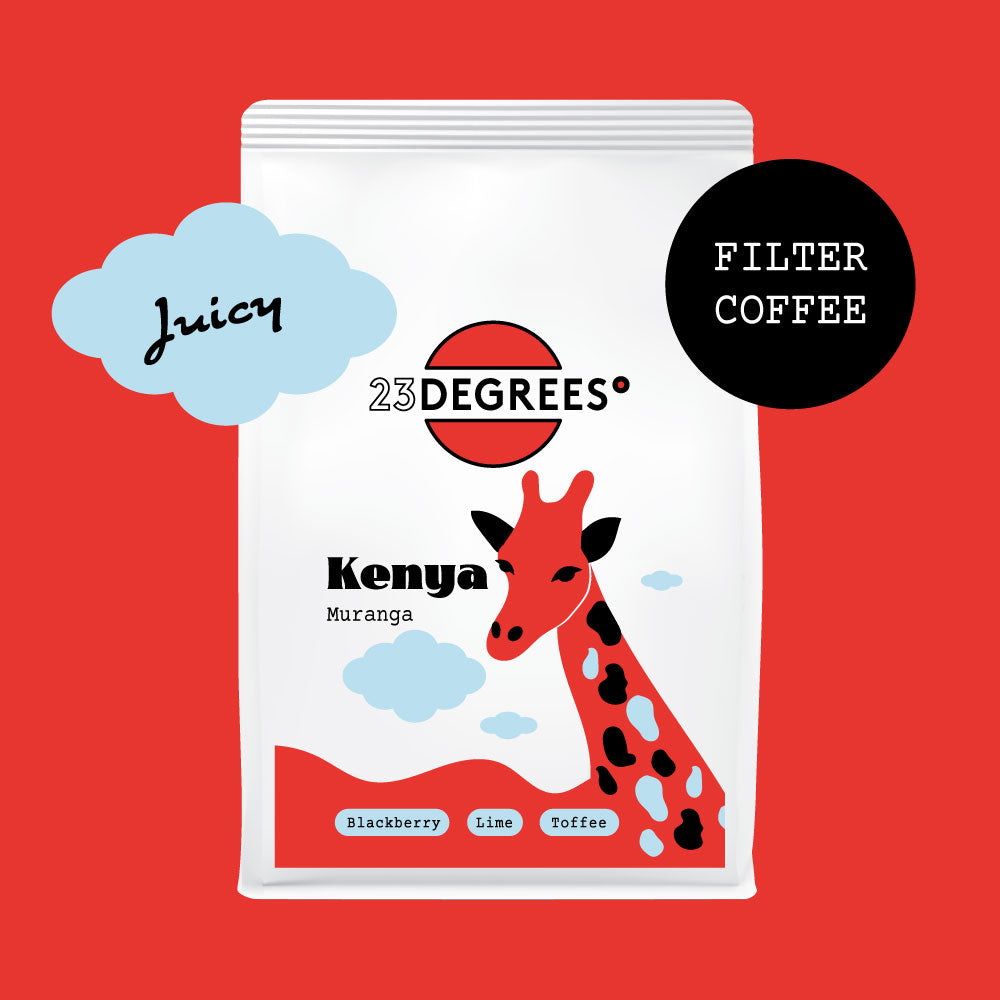

More amazing stuff to know.

A Brief History of Kenyan Coffee
Kenya’s coffee history is as fascinating as it is complex. Despite its proximity to Ethiopia, the birthplace of coffee, Kenya was one of the last places in Africa to cultivate coffee, starting nearly 300 years after the plant was first commercialised. Interestingly, the coffee varieties that eventually reached Kenya had travelled around the world, mutating in different climates before finding their way back to Africa. Once planted in the fertile soils around Mt. Kenya, these varieties developed the unique flavour profiles that Kenyan coffee is renowned for today.
Scottish and French missionaries introduced the first coffee plants in Kenya. The French brought a variety known as French Mission Bourbon, which had been transplanted from the island of Bourbon (now Réunion) to Tanzania and Kenya. The Scottish missionaries introduced strains from Mocha, adding to the diverse and dynamic quality of Kenyan coffee.
Today, about 85% of Kenya’s coffee farms are owned by local farmers. Most Kenyan farmers tend small plots with as few as 150 coffee trees, bringing their harvests to central mills for processing and export. Interestingly, while Kenya is globally recognised for its coffee, most Kenyans themselves prefer tea, with café culture mainly catering to tourists and urban residents.

What is a microlot coffee?
Kenyan microlot coffees represent a special category where each batch is not just coffee, but a story of place and precision. These microlots are meticulously traceable, often right down to the factory or even the individual farm when possible, ensuring a clear lineage of where and how each bean was grown.
Kenyan smallholder coffee farmers own just a small patch of land in average less than 0.5 hectare. The coffee cherries they harvest, they bring to their local wet mill. There, the cherries are blended and processed into what's known as day lots, consisting of all the deliveries made on a single day. This method ensures consistent processing and helps manage the small quantities coming from many smallholder farmers.
Our terrific supply chain partners, Café imports – a fellow B-Corp, are on the ground throughout the harvest period, cupping 1000s of coffees. Only the best of these day lots, those with the highest cup scores, are selected as microlots. These are typically small batches, fewer than 100 bags, chosen for their exceptional flavours and qualities.





